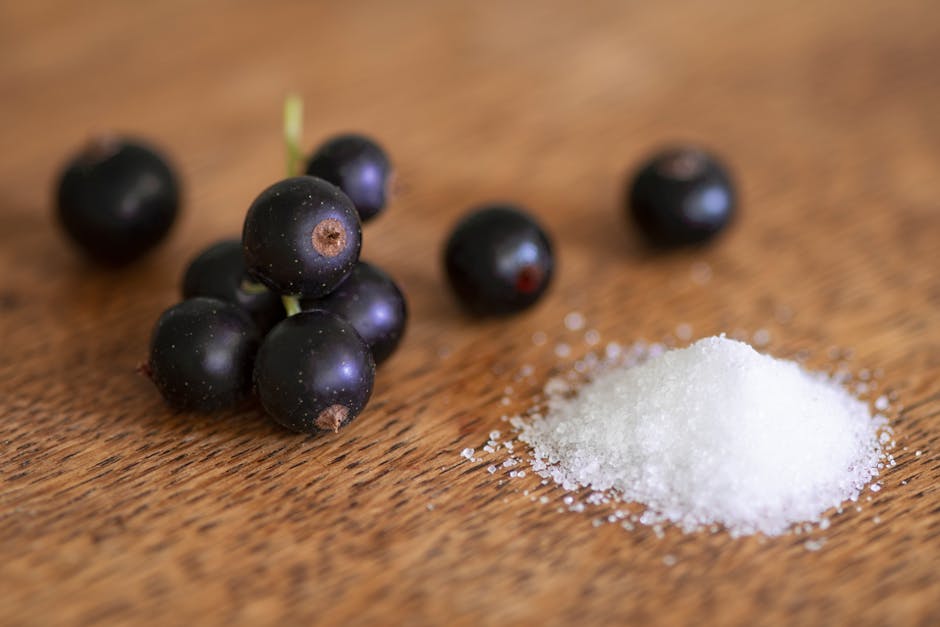The human body, a marvel of intricate processes, is constantly under siege. Reactive oxygen species (ROS), byproducts of normal metabolism, can inflict damage on cellular structures, contributing to a range of health issues. Fortunately, nature provides a potent defense mechanism antioxidants. These compounds play a critical part in maintaining optimal health, preventing disease, and prolonging well-being. This exploration delves into the multifaceted roles of antioxidants in nutrition and diet.
A Fundamental Defense: Understanding Oxidative Stress
Before embarking on the antioxidant journey, it’s crucial to grasp the concept of oxidative stress. Cells in the body constantly generate energy through metabolic processes. These processes produce ROS, including free radicals, which are highly reactive molecules with unpaired electrons. While ROS are essential for various physiological functions, excessive production or inadequate neutralization can lead to oxidative stress.
This imbalance tips the scales, damaging cellular components like DNA, proteins, and lipids. This damage is implicated in numerous health concerns, including aging, cardiovascular disease, neurodegenerative disorders, and certain cancers. Antioxidants are the body’s natural shield against these harmful effects.
A Diverse Array of Antioxidant Compounds
Antioxidants represent a diverse group of compounds, each with unique properties and mechanisms of action. Their effectiveness stems from their ability to neutralize ROS, preventing them from causing damage. Several prominent antioxidant groups include:
* Vitamin C (Ascorbic Acid): A water-soluble vitamin, Vitamin C is a powerful antioxidant that protects cells from oxidative damage. It also plays a role in collagen synthesis, supporting healthy connective tissues. Sources are abundant in citrus fruits, berries, peppers, and leafy greens.
* Vitamin E (Tocopherols and Tocotrienols): A fat-soluble vitamin, Vitamin E is primarily located within cell membranes, guarding them against lipid peroxidation. It acts as a shield against oxidative stress and boasts a role in immune function. Sources encompass nuts, seeds, vegetable oils, and leafy green vegetables.
* Carotenoids: A large group of pigments found in plants, carotenoids like beta-carotene convert into Vitamin A, an essential nutrient for vision and immune health. Other carotenoids, such as lycopene and lutein, directly function as antioxidants, protecting against cell damage. These are primarily found in colorful fruits and vegetables, including carrots, tomatoes, and leafy greens.
* Polyphenols: These secondary plant metabolites are abundant in fruits, vegetables, and beverages like tea and coffee. Flavonoids, a prominent polyphenol group, demonstrate powerful antioxidant properties, contributing to cardiovascular health and immune function.
* Selenium: An essential mineral, selenium is a crucial component of glutathione peroxidase, an enzyme vital for neutralizing ROS. It’s implicated in thyroid function and immune responses, further reinforcing its importance in overall health. Seafood, meat, and grains are excellent sources of selenium.
A Nutritional Tapestry: Integrating Antioxidants into Daily Life
Optimizing antioxidant intake involves incorporating a varied and colorful diet. Prioritizing whole foods rich in these compounds is key to effectively neutralizing ROS and bolstering cellular protection.
* Embrace Colorful Produce: Load up on a rainbow of fruits and vegetables. Each hue signifies a unique array of beneficial antioxidants. Deep-colored fruits and vegetables, like berries, plums, and leafy greens, are excellent sources of diverse antioxidants.
* Nuts and Seeds as Nutritional Allies: These nutrient-dense foods provide healthy fats, fiber, and a significant dose of antioxidants like Vitamin E and polyphenols. Incorporate them into your diet as snacks or as a topping for dishes.
* Beverages with Antioxidant Potential: Include tea and coffee in moderation. Tea, especially green tea, contains substantial polyphenols. Opt for water as the primary beverage choice.
* Mindful Consumption and Preparation: Cooking methods can impact the antioxidant content of foods. Steam or lightly saute your vegetables to retain their nutritional value. Avoid excessive heating, which may diminish some antioxidant levels.
Beyond Diet: A Holistic Perspective
Dietary antioxidants are not a panacea, and their effectiveness is augmented by a holistic approach to health. Sufficient sleep, stress management, and regular physical activity play critical roles in optimizing antioxidant defenses. Active lifestyle choices are equally crucial as a strategy to mitigate oxidative damage.
The Role of Antioxidants in Disease Prevention
Multiple research studies have highlighted the role of antioxidants in disease prevention. Compelling evidence suggests a correlation between a diet rich in antioxidants and a reduced risk of chronic diseases, including:
* Cardiovascular Disease: Antioxidants help protect against LDL cholesterol oxidation, reducing the risk of plaque buildup in arteries.
* Neurodegenerative Disorders: Oxidative stress is implicated in conditions like Alzheimer’s and Parkinson’s. Antioxidant intake may help mitigate these harmful effects.
* Cancer: Some antioxidants may play a role in preventing the initiation and spread of cancer cells. Research in this area is ongoing.
Potential Pitfalls and Considerations
While antioxidants are essential, excessive supplementation may not always yield significant benefits. Consult with a healthcare professional or registered dietitian before considering antioxidant supplements. They can provide personalized guidance based on individual needs and health conditions.
Conclusion: A Sustainable Path to Health
Antioxidants are vital components of a healthy diet, playing a critical role in protecting cells from oxidative stress. A balanced approach that embraces a variety of nutrient-rich foods, coupled with a healthy lifestyle, is crucial for optimizing antioxidant defenses. This comprehensive defense strategy empowers individuals to safeguard their well-being and potentially mitigate the risk of chronic diseases. Ultimately, embracing a proactive nutritional approach that incorporates antioxidants is a sustainable path to sustained health.
